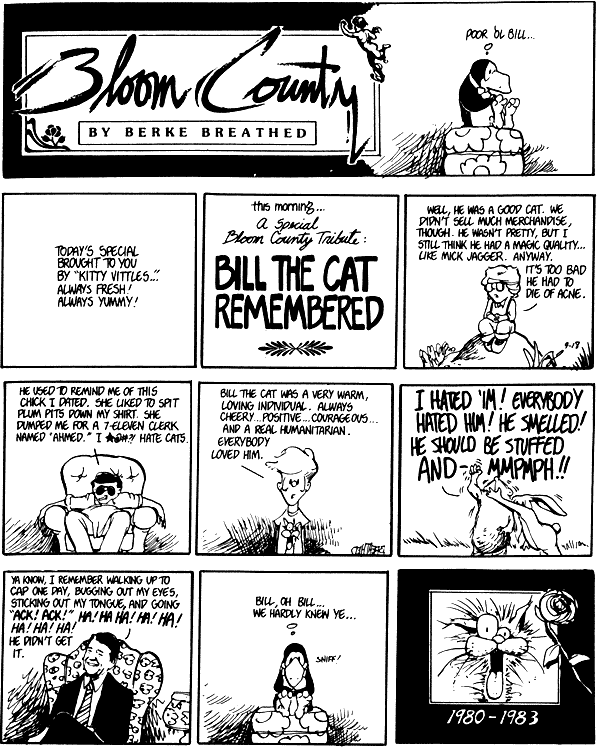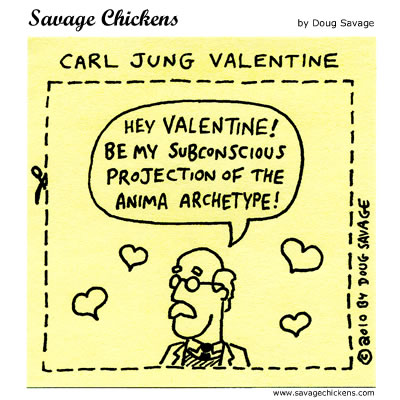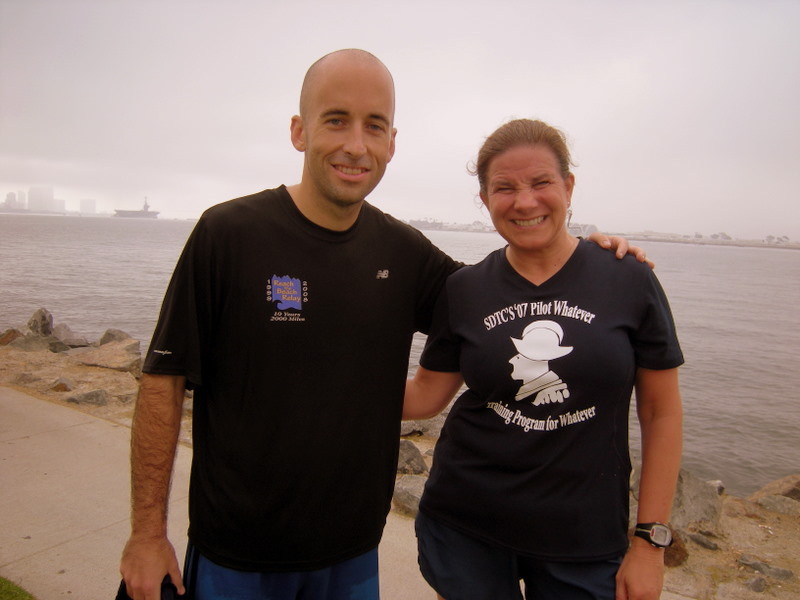Every now and then, it’s useful to look back at who I used to be so I can appreciate who I am today.
I do it partly to laugh at how — in many ways, despite the progress I’ve made — I can still be as stupid in adulthood as I was 20-plus years ago.
As I write this we’re halfway through Lent — a time to sacrifice habits you love — or, in my case, habits you’re addicted to.
Giving something up always brings back acute memories of some of the dumber things I’ve done in the compulsive-obsessive drive to feel good.
Indulge me as I take inventory.
Mood music:
Age 18: I’m living off 8 cups of black coffee and a mug of Raisin Bran a day in an attempt to be rock-star thin. I discovered an after dinner drink — Haffenreffer Lager Beer. There were little puzzles on the underside of the bottle caps, and your ability to solve them would steadily decline — or increase — depending on how drunk you were. Being addicted to instant gratification, I’d suck down three bottles in quick succession so I could immediately enjoy feeling like I had just absorbed half a keg of lighter beer.
Age 21: I’m pacing up and down the driveway of the old Revere house in a blue-green polka-dotted bathrobe I used to own. I’m freaking out because I’ve just consumed two beers and an entire stick of marijuana by myself in the concrete storage room beneath the front patio.
The fellow who gave it to me was about 500 pounds and wore a black trenchcoat, even during the summer. He died Valentine’s Day 2009 of a heart attack. I lost touch with him as I became focused on career and learned after his death that he had led an admirable life of aiding the mentally disabled. Anyway, I was freaking out because, in the midst of lying on my bed enjoying the high, I suddenly got the idea that I just might have a heart attack. That’s one of my earlier memories of an anxiety attack.
We partied a lot in that basement. It was the scene of many impressive and entertaining mood swings.
I called my friend Danny Waters and asked him to come over. He did, and found me pacing up and down the driveway in my bathrobe. He took me down the street to Kelly’s Roast Beef and got me an order of chicken fingers to munch away the anxiety. Kelly’s was always a favorite place for me to binge eat away my troubles. It was as good as any drug or liquor store.

Age 29: I drop 100 pounds of fat I packed on while binge-eating my way through the middle 1990s. I’m inspired by the quadruple bypass surgery my father has recently had. I lose the weight by pigging out Thursday through Saturday and starving myself Sunday through Wednesday. The binge eating continues through the next few years but I manage to keep the weight down, fooling most people.
Age 33: Around this time, the binge eating gets a new playmate in the form of red wine, which I decide I can’t live without.
Age 39: No more binge eating — not today, anyway. No wine. I work the 12-step program of recovery.
Age 44: I’ve had my slips along the way, but I continue working to give up my bad habits for good.

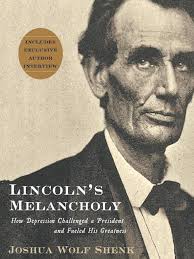


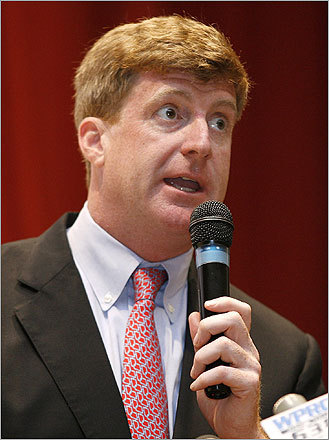

 I’ve been there. Migraines. Brutal back pain. A stomach turned inside-out.
I’ve been there. Migraines. Brutal back pain. A stomach turned inside-out.